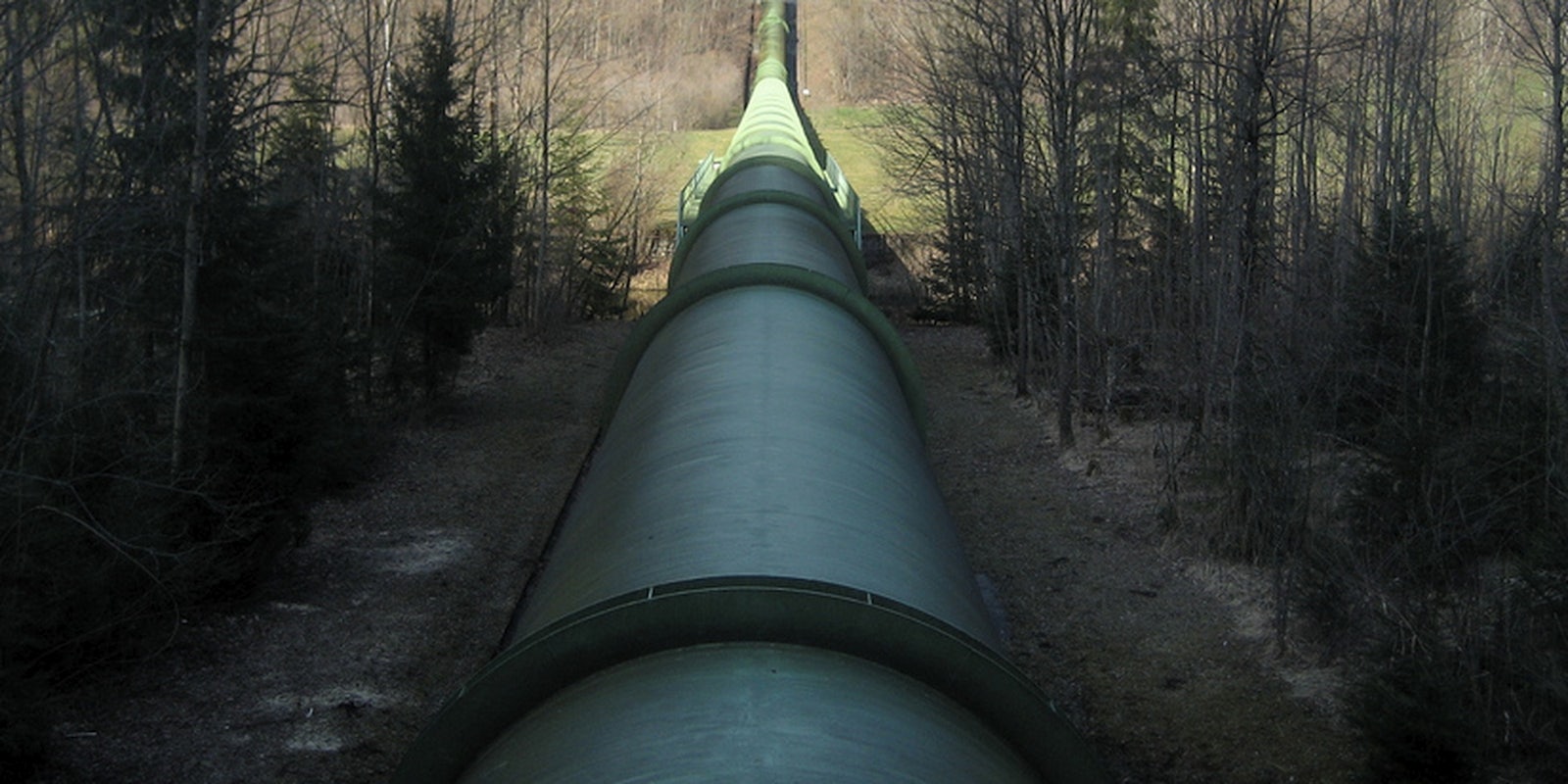Each day, the National Security Agency’s massive data center in Utah requires 1.7 million gallons of water. Recently, opponents to the NSA’s massive online spying operation have started to wonder: What if we just turned off their water?
The agency has been under scrutiny ever since former intelligence contractor Edward Snowden leaked a trove a confidential NSA documents detailing its global internet spying operation. The agency collects emails, chats, telephone metadata, and encrypted communications, storing them all in data centers like the one in Bluffdale, Utah.
As several grassroots organizations have pointed out, the data center runs on utilities regulated by state governments. And historically, the Supreme Court has upheld states’ rights to decide whether they want to assist the federal government. In a petition to cut off the NSA’s water supply, Change.org wrote, “Nothing in the Constitution requires a state to help the feds violate your rights. This is an undisputed principle known as the anti-commandeering doctrine – the states cannot be compelled to carry out federal acts, regulations, and the like.”
Officially, Change.org (and other groups) are advocating for Utah to pass a Fourth Ammendment Protection Act that would essentially ban the state from helping the federal government spy on its citizens. In this case, that means cutting off the Utah data center’s water supply.
So how likely is it that such an Amendment would ever pass? It’s hard to say, but the notion of stopping the agency’s water supply is not so far-fetched. As the OffNow coalition reported, the city of Bluffdale’s contract to provide the data center with water runs out in 2021, despite its mayor’s insistence to the contrary.
At bottom, the (likely fruitless) efforts of activists to pass an act to cut the NSA off from local resources underscores a larger point about the agency’s data collection. While we don’t often think of information as taking up physical space, it in fact does. And further, it requires resources. The question of whether we want to funnel 1.7 million gallons of water to a government body storing what appears to be all of our digital communications is, at least, a question worth asking.
Photo by moertl/Flickr


